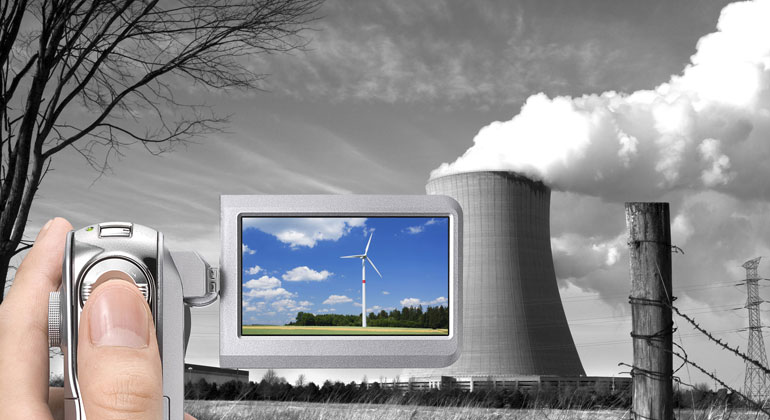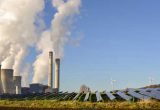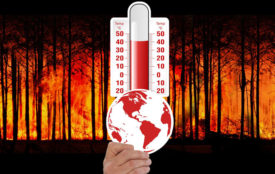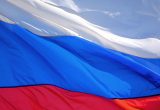Nuclear phase-out in Germany: The end of the nuclear age
The time has come! On April 15, the last three nuclear power plants in Germany will be taken off the grid. Over 50 years of protest by millions of citizens against nuclear energy have paid off.
Renewable energies are now finally gaining ground worldwide. Globally, far more money is being invested in renewables than in the old fossil-nuclear energy industry. The anti-nuclear movement has reached its goal in Germany. Citizens‘ initiatives and environmental groups are rightly celebrating this victory.
However, it took time: The Chernobyl shock was necessary, then the first phase-out under red-green, then the re-entry under black-yellow, then the second phase-out after Fukushima under black-yellow and now the final phase-out – at least in Germany.
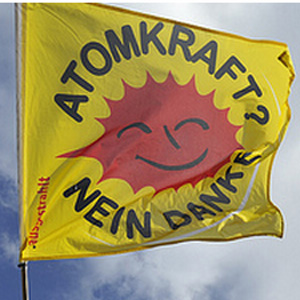
The anti-nuclear movement began as a small minority and only became a large citizens‘ movement after Fukushima. Of course, it may take until the end of this century to find a final repository for the radiating nuclear waste, and that will be very, very expensive. The result of this expensive mistake: This dangerous technology may have brought economic benefits to two generations, but 33,000 generations will have to pay for it. This is because nuclear waste radiates for about one million years. This clearly shows how irresponsibly and unsustainably we are operating today.
The bill from the nuclear age
This calculation is the decisive lesson from the nuclear age. One of the many tricks the nuclear lobby used to deceive the public was called „residual risk“. After the Chernobyl disaster, I had interviewed the nuclear physicist Professor Vladimir Chernousenko on ARD. This ardent supporter of nuclear power had been appointed by Mikhail Gorbachev to head the Chernobyl cleanup: I asked him what „residual nuclear risk“ meant. His unforgettable answer: „Nuclear residual risk is that risk which can give us the rest every day. That is why it is called residual risk“.
Professor Chernousenko was himself contaminated by the accident and died of cancer. In the last years of his life he became an opponent of nuclear energy and gave lectures against nuclear power all over the world. It was mainly through him that I, too, went from being an original supporter to an opponent of nuclear power.
Germany is phasing out nuclear power, but France continues to rely on nuclear power plants and Poland even wants to build new nuclear power plants, although nuclear power is already more than twice as expensive as power from renewable energies. Not to mention the folkge costs. The old nuclear power plants are becoming more and more prone to failure and there is less and less cooling water available for them. In France, half of all 56 nuclear power plants have been in operation for more than 30 years and a third for more than 40 years. Does a major accident have to happen in France before our neighbors wake up?
In Germany, half of all electricity will be generated from renewables by 2023, in France about 30 percent. Our next goal: phasing out coal by 2030 at the latest. Global political hopefuls in recent years have been the voting out of climate change deniers like Trump in the U.S., Scott Morrison in Australia, and most recently Jair Bolsonaro in Brazil. Even the last German federal election would probably have ended differently without the climate crisis and its unmistakable effects, as in the Ahrtal.
History of nuclear energy
When U.S. President Eisenhower proclaimed the „peaceful use“ of nuclear energy 70 years ago, there was a worldwide euphoria. After Chernobyl, Fukushima, many near-accidents, the destruction of indigenous peoples‘ livelihoods by uranium mining, and the unaffordable cost of nuclear waste disposal, the euphoria has evaporated.
The future belongs to environmentally friendly, affordable and eternally available renewable energies.
- Wladimir M Tschernousenko „Tschernobyl: Die Wahrheit“
- vimeo: „Die Zeit, die mir noch bleibt. Das Vermächtnis des Wladimir Tschernousenko“
- Die Zeit, die mir noch bleibt – Das Vermächtnis des Wladimir Tschernousenko (youtube.com)
- Geschichte der Kernenergie (KernD.de)
Quelle
Franz Alt 2023 / Translated with www.DeepL.com/Translator (free version)
